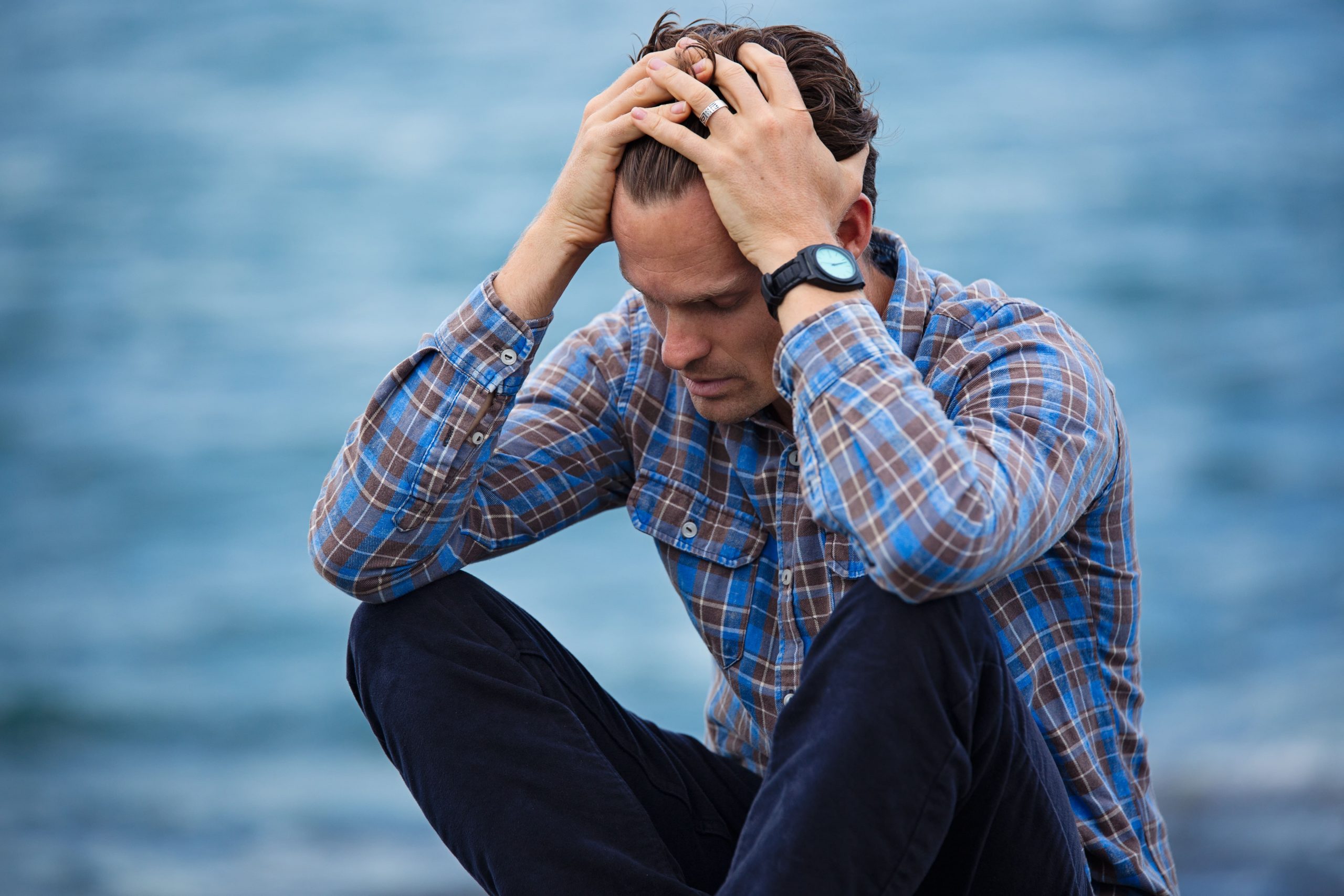Congratulations, you’ve made it through the holidays! Whether you were invested in a gift-buying frenzy, happy to see family, or glad to be spending the days off alone, December in the United States is a charged time of year. There are spirited festivities all around us, including twinkly lights and music, even if we don’t choose to participate in them.
But now it’s January, which is the most depressing month of the year. The tinsel is coming down and we’re probably saying goodbye to family and friends we don’t get to see often. Not only are we coming down from the high emotions of the holidays, we’re also looking at one of the darkest months of the year. While it may still be warm in L.A., January has some of the shortest days, and people who suffer from Seasonal Affective Disorder still feel the winter blues in sunny California. Plus, the month just after the holidays is when we usually have to face up to any debt we’ve accrued, not to mention getting back to boring work after a good chunk of time off.
While these January blues may be inevitable, there are a number of ways to fight back against them. Oriental medicine provides a number of great ways to keep your mind right this month, and, dare we say, even enjoy yourself.
Recognize Your Particular Symptoms of the January Blues
Depression and anxiety can manifest in many ways. It’s important to recognize your own signs and symptoms so that you can take care of yourself. Some common symptoms of the January blues include:
- Lack of interest in activities you used to love
- Lack of motivation
- Fatigue and lack of energy
- Social withdrawal
- Difficulty concentrating and making decisions
- Wanting to cry for seemingly no reason
You may also notice that you have increased social anxiety, or are feeling that bad things are about to happen. These are signs of anxiety, which can be part of the January blues, too.
Symptoms may vary from person to person. It’s important to know yourself and understand when something feels “off” in your life.
Book Your Appointment Early to Treat Depression
One way to mitigate the onslaught of depression is to be preventative about it. If you know that you have a history of depression during winter months, you can prepare yourself before it gets worse.
Book your appointments with your treatment team before you start feeling the blues. At 120 Acupuncture, we recommend booking regular appointments to keep your health up and prevent chronic problems from emerging. Of course, if you’re already feeling blue and need help, we can still help. Simply put, there’s no time like the present to start your treatment and find relief.
Add Acupuncture to Your Treatment Plan
Talking to your doctor about your depression is an important start. You may find therapy and support groups to be helpful, as well. We recommend adding in acupuncture to supplement any treatments that your traditional doctor recommends.
In Oriental medicine, body weakness indicates a weak heart. Additionally, the heart controls the brain. Therefore, a weak heart cannot control the brain, which can weaken the immune system and cause depression and anxiety. Acupuncture is a treatment that helps to induce healing by using the resistance force in our body. It helps to activate the latent immunity in the body that can bring balance, thus helping with anxiety and depression.
The number of acupuncture sessions that will help relieve anxiety and depression depends on the patient’s overall condition. In general, at 120 Acupuncture we recommend that patients start with two or three visits a week. We develop specialized plans for each of our patients, so it’s best to schedule an initial appointment to help find the best course of action for your particular condition.
Use Herbal Medicine for Anxiety and Depression
Traditional Oriental medicine offers a number of ways to treat the underlying physical issues that come with anxiety and depression. Anyone who is having issues with control of the body and mind can benefit from Oriental medicine. These issues include insomnia, lack of concentration, fatigue, nausea, bulimia nervosa, or poor digestion, among others.
Again, at 120 Acupuncture, we like to create a customized treatment plan for each of our patients, but there are some common medicinal herbs that can help relieve anxiety and depression. For instance, Cyperus rotundus and Cnidium officinale can help restore flow to the body’s circulation and help you to relax and rest.
Combine Acupuncture and Herbal Medicine for Best Results
In our experience, acupuncture tends to do 65% of the work in finding relief for anxiety and depression. Herbal medicine completes the treatment by filling deficiencies. Dr. Ko and the team will find the right combination of acupuncture and Oriental medicine to treat your specific symptoms of anxiety and depression. For instance, when your energy level is low, you aren’t able to activate energy back to your body, and certain herbal supplements can help with re-energizing you, while acupuncture can restore energy flow. If you’re suffering from chronic pain, there are different treatments that can help bring relief as well.
With the right treatment plan and support from the 120 Acupuncture team, we believe the January blues might not have to be that bad. Book your treatment with us today!







